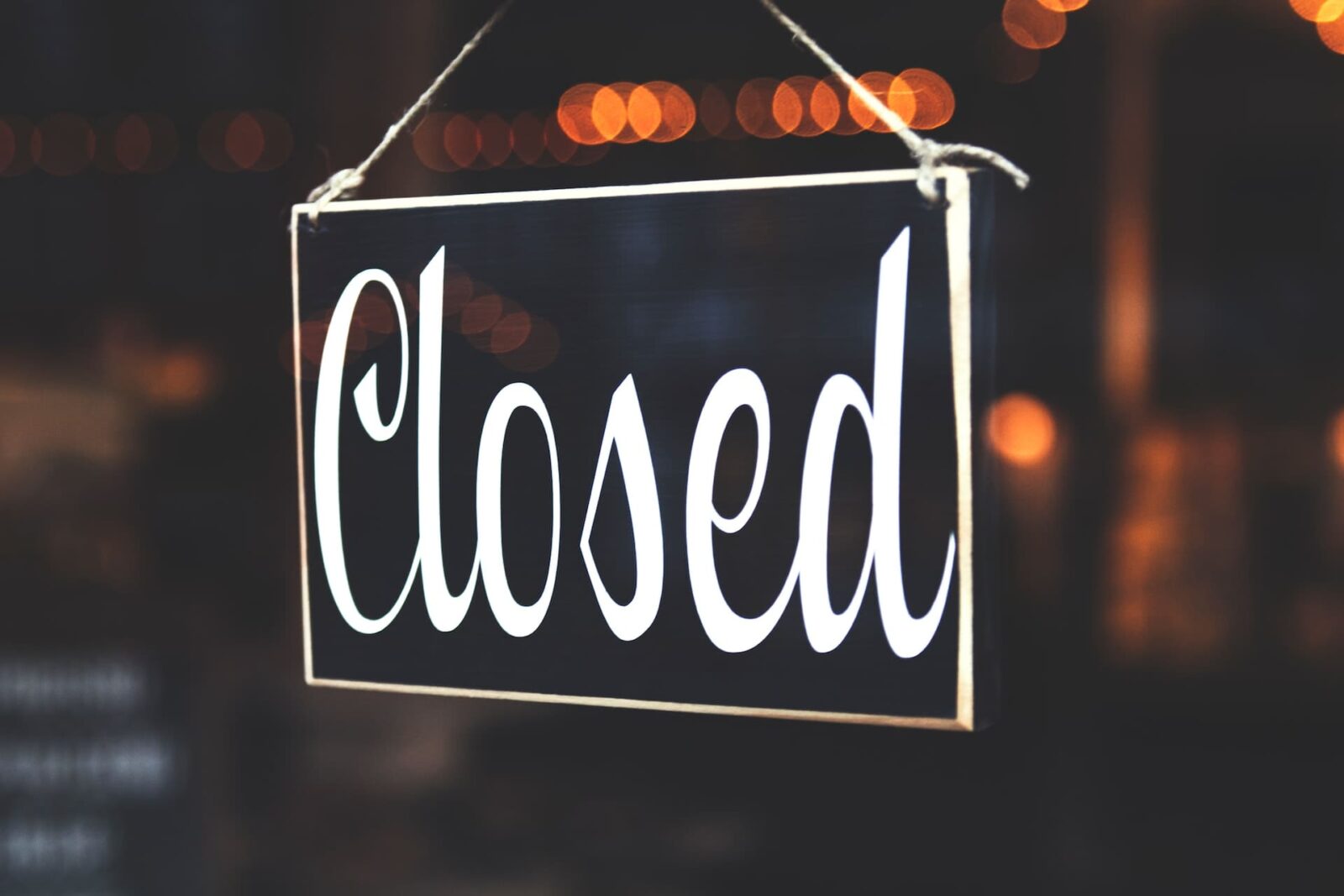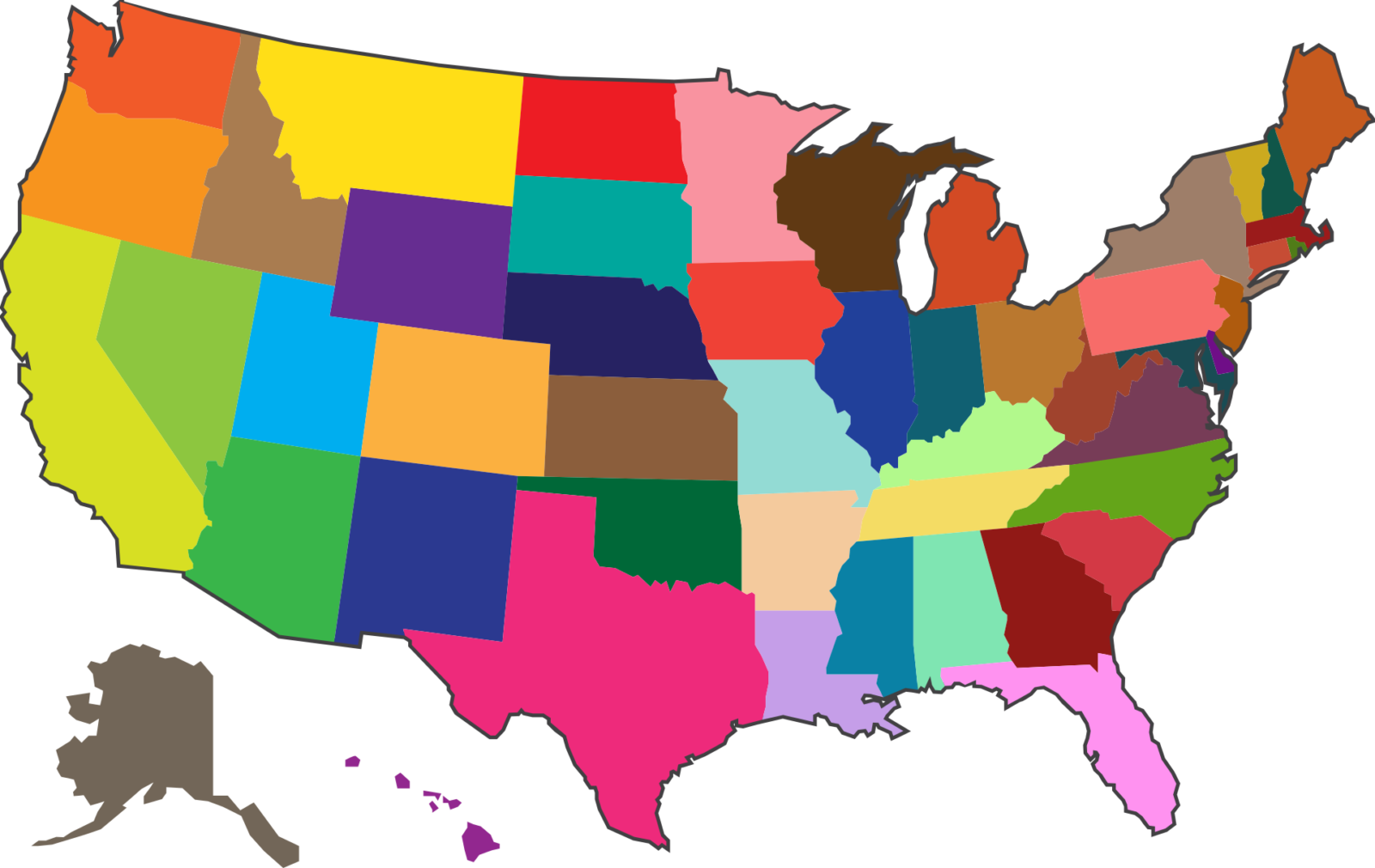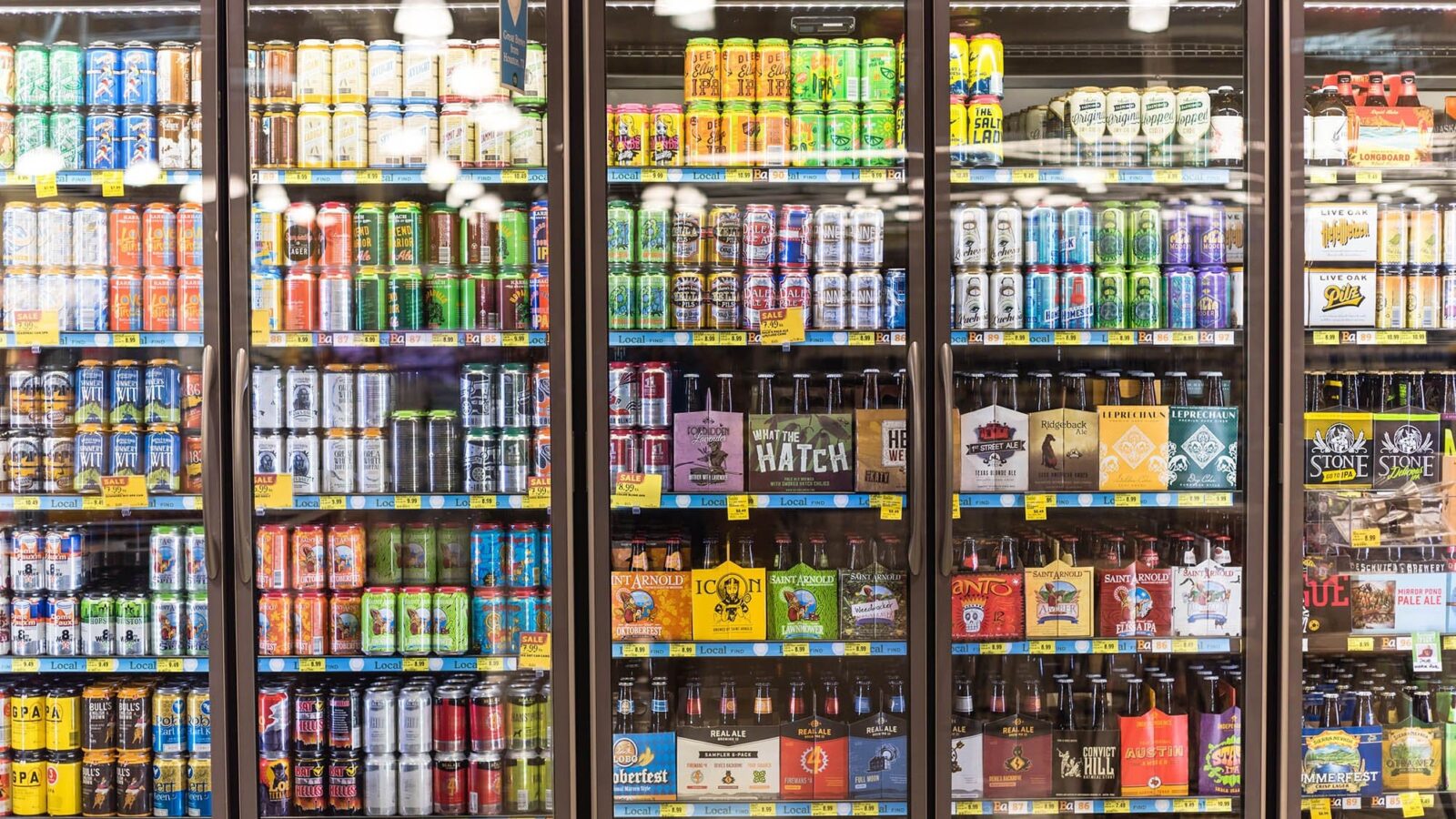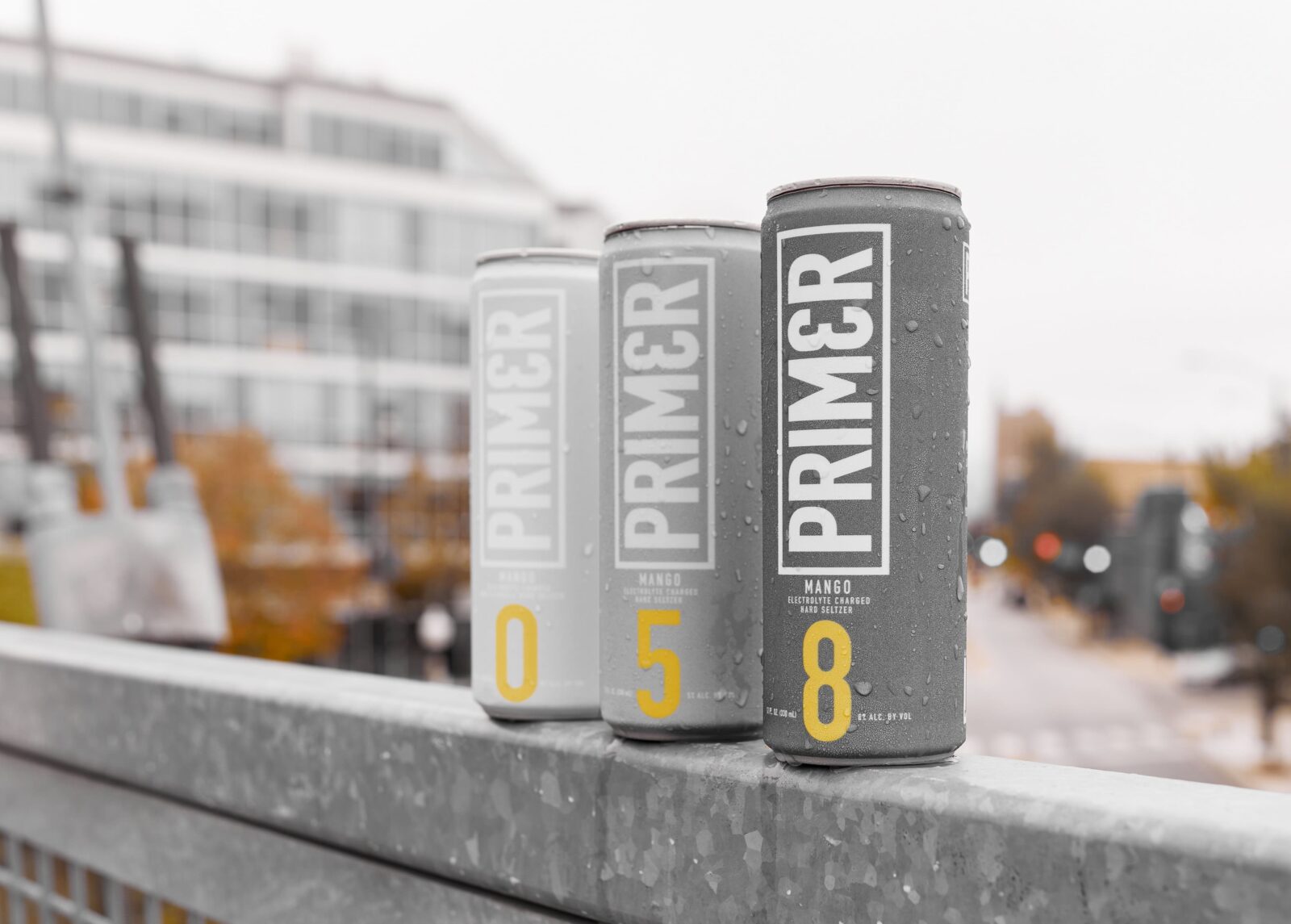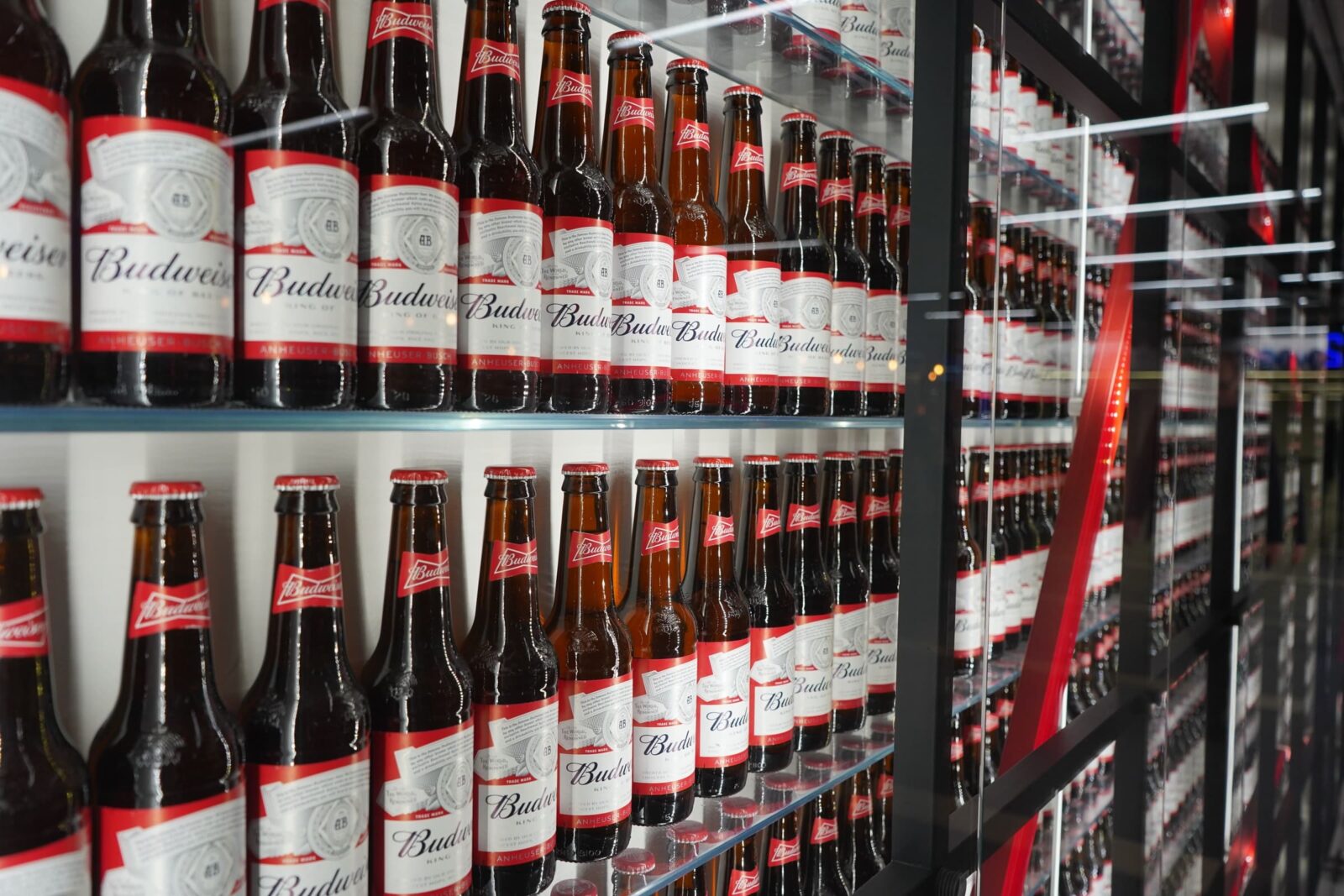In many cases, entire trips can focus just on what there is to eat and drink in a particular location—especially if it’s a trip through wine country where you can accomplish both. But thanks to the craft beer boom of the past decade, the U.S. is also now home to an ever-growing number of locales that stand out in their own right. Without the need for vast vineyards or cavernous cellars, breweries have sprung up in practically any area where they can find four walls and a roof, creating an unprecedented era of quality and accessibility for the beverage. And while there’s likely plenty to sample in your neck of the woods, some of the beers in the world can only be found by planning a trip to visit them.
Copenhagen-based global beer company Mikkeller has announced it will close its only U.S. brewing facility in San Diego, citing “two years of COVID and the difficult current rising cost environment.” The closure does not include Mikkeller’s Little Italy taproom or its taproom in San Francisco. Mikkeller says it has 50 employees in the U.S., about half of whom will be laid off. Mikkeller San Diego has been open since 2016, and according to the Brewers Association (BA), produced 10,418 barrels of beer in 2021, down from a high of 11,750 in 2019.
Small breweries with a niche stylistic focus have undertaken what is likely to be a years-long effort to create more direct-to-consumer (DTC) shipping permissions for beer makers, similar to laws that already apply to wine. A victory would mean expanded sales opportunities for breweries and long-term potential to sell to new customers across the country. With a lawsuit filed against the state of Oregon, three Washington State breweries hope to show a courtroom can be more effective than legislators to even the playing field for beer producers.
The current state of affairs for shipping beer direct to consumers (DTC) is not that great. Breweries in the United States can only ship to nine states plus the District of Columbia, which equates to only 17% of the U.S. population. For comparison, U.S. wineries can ship to 47 states and 97% of the U.S. population. Beer DTC is still in a state of infancy, but the good news for breweries is there’s a tremendous amount of untapped opportunity.
Alcohol e-commerce and on-demand delivery platform Drizly released its third annual BevAlc Insights by Drizly Retail Report, culled from a nationwide survey of over 500 alcohol retailers during November 2021, and it looks like craft beer is poised to reclaim shelf space from hard seltzer in 2022.
Most low/no drinkers are not solely dedicated to the category: choosing rather to switch between full strength and lower alcohol alternatives – often even during the same occasion. So new US brand Primer has designed its brand as a ‘one-stop-shop’ system: packaging its drinks with three different ABVs in one multi-pack.
Almost half (47%) of alcoholic drinks in the UK feature calorie information on labels, says the Portman Group, as it calls for such labelling to remain voluntary.

